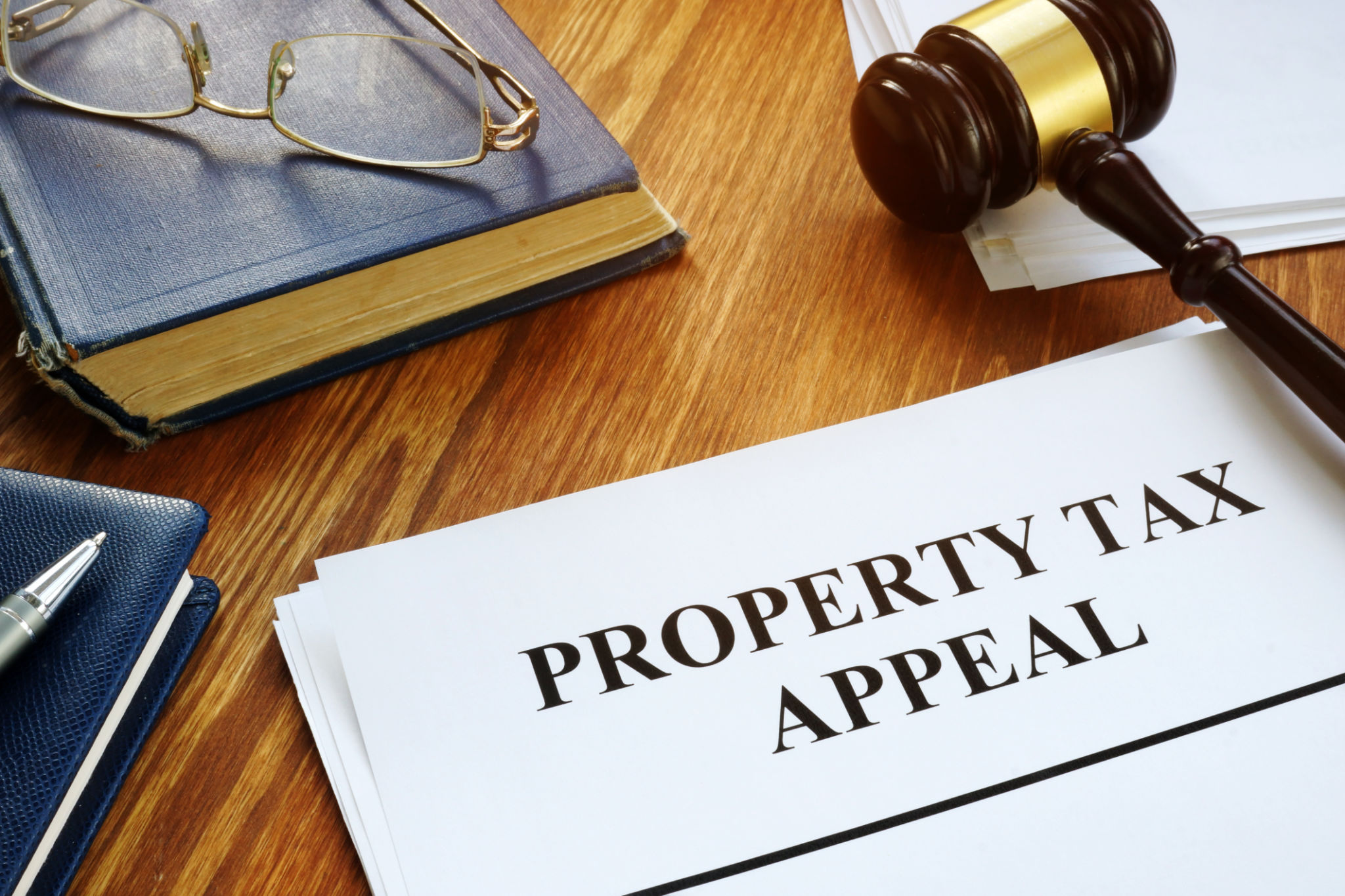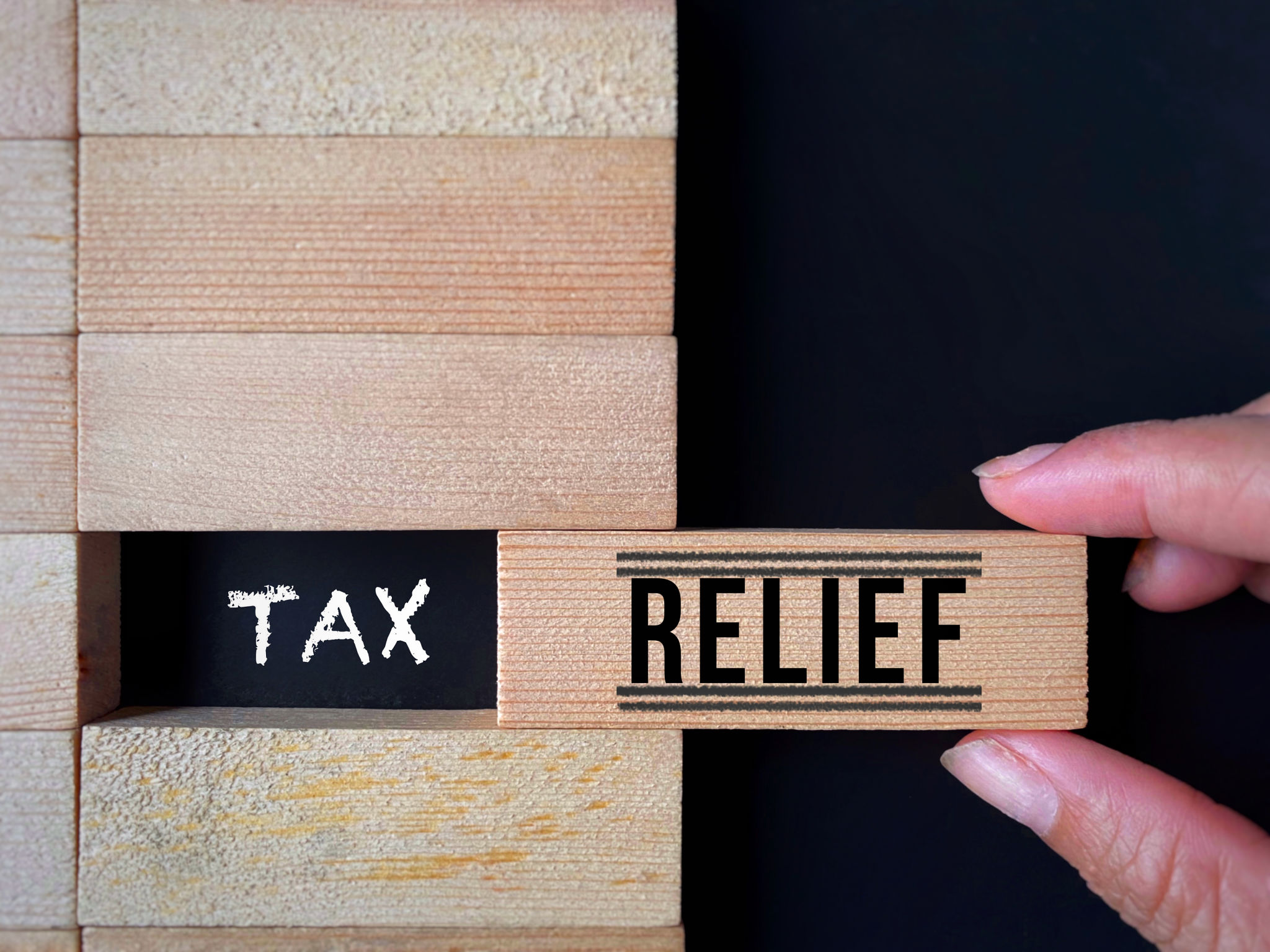Understanding Property Taxes in Philadelphia: A Comprehensive Guide
Cy
Introduction to Property Taxes in Philadelphia
Property taxes are a crucial aspect of homeownership, and understanding how they function is essential for anyone looking to buy or own property in Philadelphia. These taxes are used to fund local services such as schools, infrastructure, and emergency services. For many residents, property taxes can be one of the largest annual expenses associated with owning a home.

How Property Taxes Are Calculated
In Philadelphia, property taxes are calculated based on the assessed value of your property. The City of Philadelphia's Office of Property Assessment (OPA) is responsible for determining this value. Once the assessment is complete, the property tax is calculated by multiplying the assessed value by the city's current tax rate.
The current tax rate in Philadelphia is 1.3998%, which means if your home is assessed at $100,000, your annual property tax would be approximately $1,399.80. It's important to note that this rate can change, so staying informed about any updates is crucial.
Understanding the Assessment Process
The assessment process in Philadelphia involves evaluating various factors to determine a property's fair market value. This includes considerations like location, size, and condition of the property. Property owners receive an assessment notice each year detailing their property's assessed value.

Appealing Your Property Tax Assessment
If you believe your property's assessed value is inaccurate, you have the right to appeal the assessment. The appeal process involves submitting a formal request to the Board of Revision of Taxes (BRT). It’s important to provide evidence supporting your claim, such as recent sale prices of comparable properties in your area.
The deadline for filing an appeal is typically in early October, and it's advisable to start gathering necessary documents well in advance. Successful appeals can result in a reduced tax liability, making it a worthwhile consideration for many homeowners.

Philadelphia's Homestead Exemption
The Homestead Exemption is a program designed to reduce the taxable portion of a homeowner's property. To qualify, the property must be the owner's primary residence. For 2023, eligible homeowners can reduce their taxable property value by $80,000, providing significant savings on their annual tax bill.
Applying for the Homestead Exemption is straightforward; applications can be submitted online or by mail. It’s important to apply by the September 13th deadline to ensure the exemption applies for the next tax year.
Additional Tax Relief Programs
Philadelphia offers several other tax relief programs aimed at helping residents manage their property tax burden. These include the Longtime Owner Occupants Program (LOOP), which provides tax relief for homeowners who have lived in their homes for 10 years or more and meet certain income criteria.
Understanding these programs can be beneficial for homeowners seeking to reduce their financial burden. Exploring all available options ensures that you’re not paying more than necessary.

Conclusion
Navigating property taxes in Philadelphia doesn’t have to be daunting. By familiarizing yourself with how assessments work, knowing your rights regarding appeals, and taking advantage of exemptions and relief programs, you can effectively manage your property tax obligations. Staying informed and proactive can lead to significant savings and a better understanding of this critical aspect of homeownership.